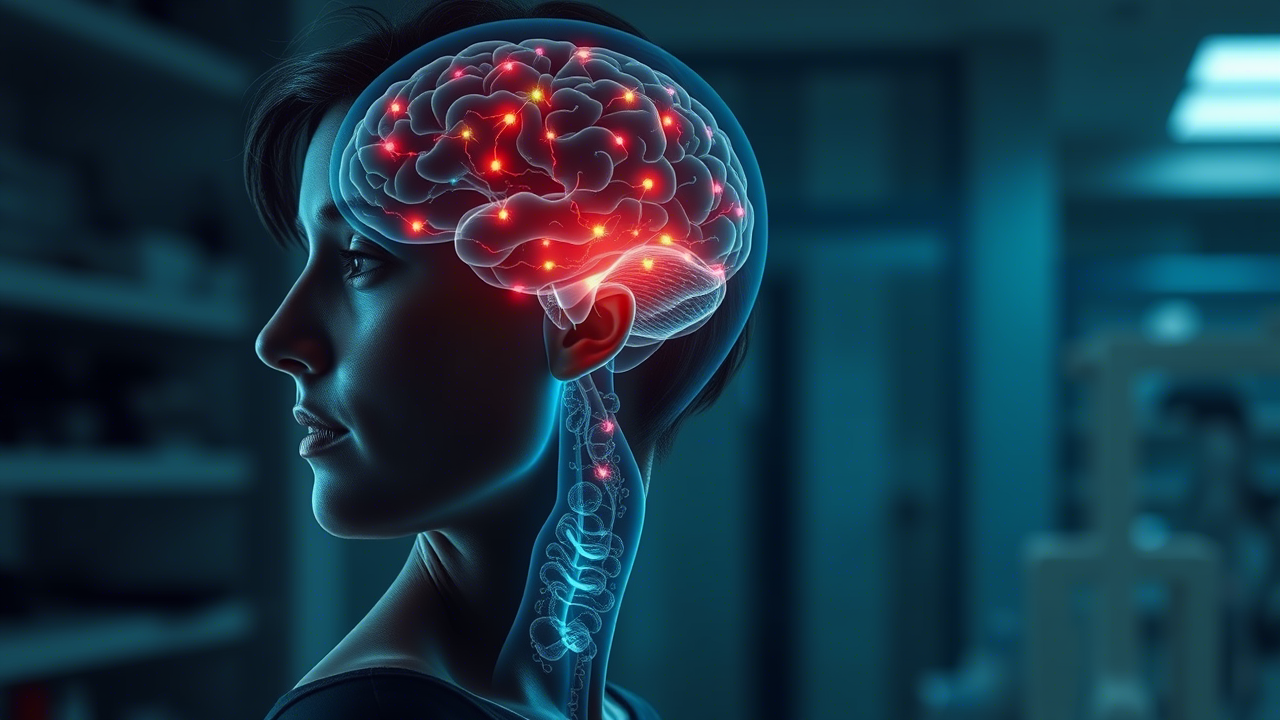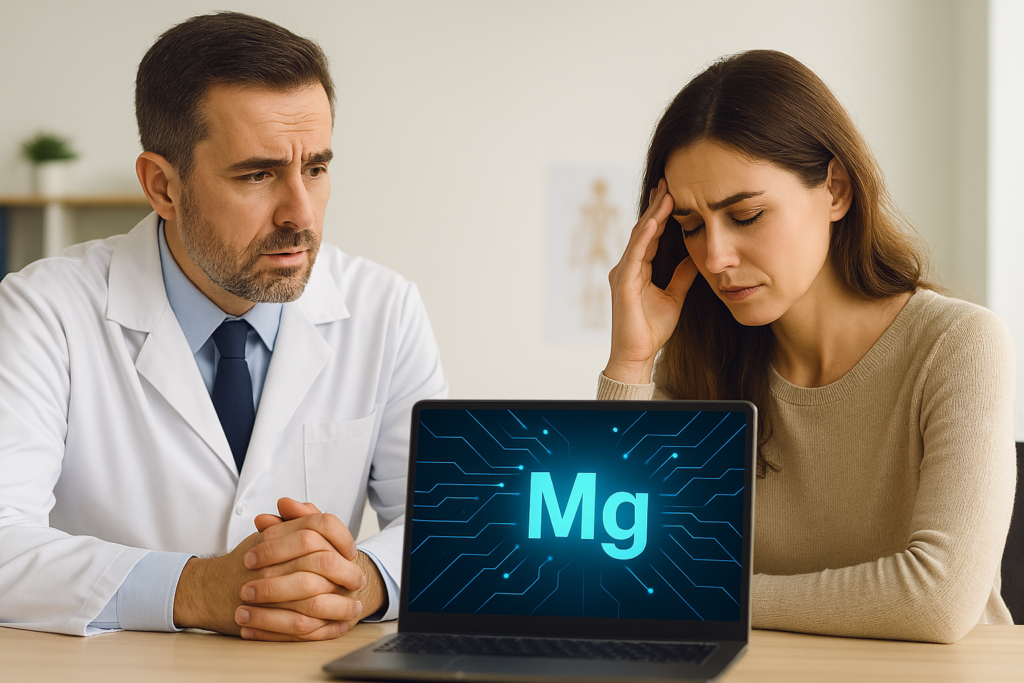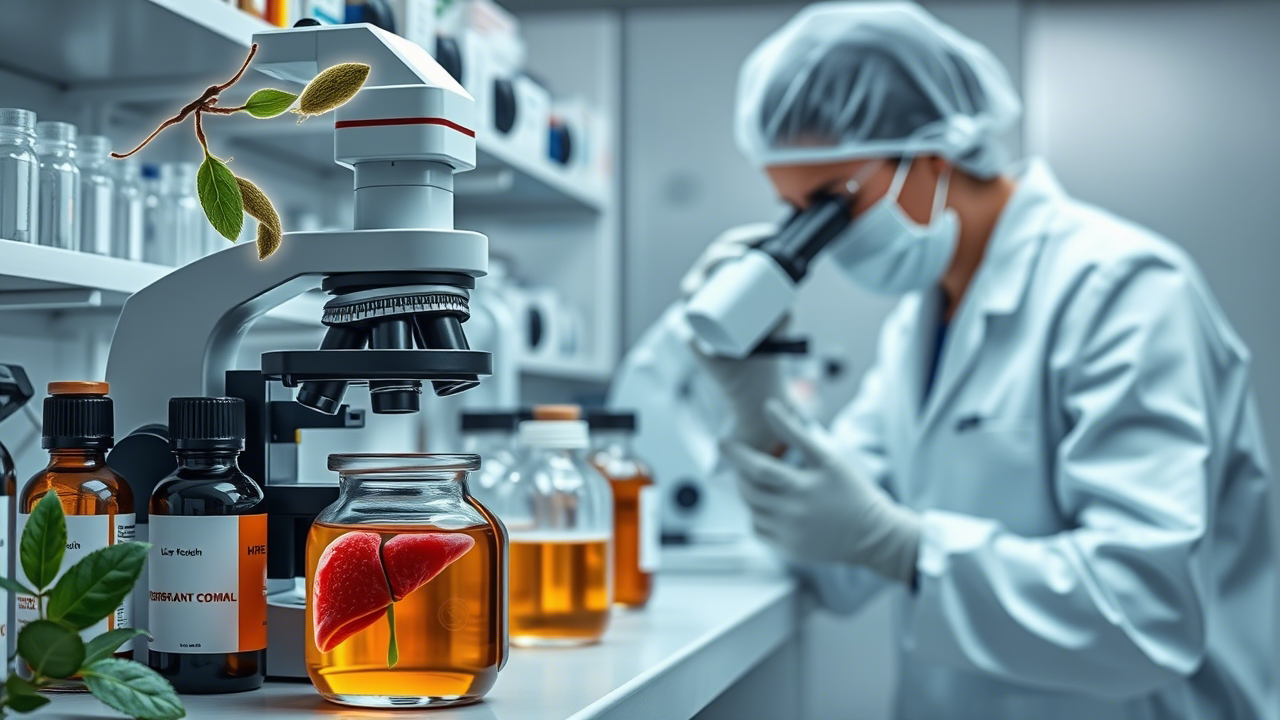Now Reading: Gut Microbiota’s Impact on Mental Health and Brain Function
-
01
Gut Microbiota’s Impact on Mental Health and Brain Function
Gut Microbiota’s Impact on Mental Health and Brain Function

How Your Gut Affects Your Mood: The Surprising Connection Between Gut Health and Mental Wellness
Ever had a “gut feeling” about something? Turns out, that saying holds more truth than you might think. In recent years, science has uncovered a fascinating link between your gut and your brain. Known as the gut-brain connection, it could change the way we think about mental health. But what does your digestive system have to do with your emotions, moods, or even brain function? Let’s dig into this surprising connection — and why your gut health might be more important than you realize.
What Is the Gut-Brain Connection?
Believe it or not, your gut and brain are in constant communication. They’re linked through a network of nerves, hormones, and even tiny microbes living in your digestive tract. This system is called the gut-brain axis, and it plays a key role in both your physical and mental health.
Think of your gut as a kind of “second brain.” In fact, doctors often refer to it that way because it’s packed with nerve cells—over 100 million of them! Your gut can send and receive signals to and from your brain without you even being aware of it.
So, What’s in Your Gut?
Your gut is home to trillions of microorganisms—bacteria, viruses, fungi, and other microbes. Together, they form your gut microbiota, which helps break down food, produce essential vitamins, and protect your immune system. But that’s not all.
These microbes also impact your mental health. Recent research shows that the balance of “good” and “bad” bacteria in your gut could influence things like:
- Anxiety and depression
- Memory and cognition
- Stress responses
- Sleep patterns
How Your Gut Talks to Your Brain
So how exactly does your gut speak to your brain? Here are three key ways:
- Nerve Signals: The vagus nerve is a major highway connecting your brain and gut. It allows them to share information almost instantly.
- Hormones and Neurotransmitters: Your gut produces chemicals like serotonin and dopamine—messengers that regulate mood and emotion.
- Immune System: Around 70% of your immune cells live in your gut. When your gut microbes are balanced, they help keep inflammation in check, which is linked to better brain health.
In other words, the tiny bacteria in your belly are shaping how you feel and function every day. Pretty amazing, right?
What Research Says about Gut Health and Mental Disorders
Scientists have spent years studying how gut bacteria influence the brain. One promising area of research links imbalances in gut microbiota—also known as dysbiosis—with mental health conditions like depression, anxiety, and even autism spectrum disorders (ASD).
Here’s a closer look at some of the key findings:
| Condition | Gut Connection | Findings |
|---|---|---|
| Depression | Low levels of good bacteria | Patients often show reduced diversity in gut microbes and higher inflammation levels |
| Anxiety | Stress-gut feedback loop | Stress alters gut composition, which in turn worsens anxiety |
| Autism Spectrum Disorder (ASD) | Gut-brain disruptions | Many studies show GI symptoms are common in children with ASD; altered gut microbes may play a role |
While these studies don’t prove that gut issues cause mental disorders, the link is strong enough that scientists are now exploring new treatments using probiotics, diets, and even fecal transplants to balance gut microbes and improve brain health.
Probiotics: Friendly Bacteria for a Happier Brain
One exciting area of treatment is the use of probiotics—beneficial bacteria found in fermented foods or supplements. Some strains of probiotics, often called psychobiotics, have been shown to:
- Reduce feelings of stress and anxiety
- Boost mood and emotional well-being
- Lower levels of stress hormones
In one study, participants who took a specific Lactobacillus strain for 30 days reported feeling less anxious and more positive compared to those who took a placebo. It’s still early days, but results like these show real promise.
You might be wondering: Should I start taking probiotics?
While probiotics can be helpful, they aren’t a magic pill. Focus first on building a gut-healthy lifestyle through food, habits, and balance. More on that next!
Simple Ways to Boost Your Gut Health Naturally
Want to support your brain by caring for your gut? Thankfully, there are easy steps you can take every day. Here are some gut-friendly habits that can also improve your mental health:
- Eat More Fiber: Foods like oats, beans, bananas, and broccoli feed your “good” bacteria.
- Add Fermented Foods: Yogurt, kefir, kimchi, sauerkraut, and miso are packed with natural probiotics.
- Cut Back on Sugar and Processed Foods: These can encourage the growth of harmful microbes.
- Manage Your Stress: Chronic stress hurts gut bacteria; try yoga, meditation, or even a walk in nature.
- Get Enough Sleep: Poor sleep disrupts not just your mood but also your gut microbiota.
- Stay Active: Regular exercise boosts overall microbial diversity.
It’s not just about what you eat but how you live. A holistic approach works best when supporting both your mood and your gut.
Personal Story: How Fixing My Gut Helped My Anxiety
Let me share something personal. A couple of years ago, I went through a period of intense anxiety. I couldn’t concentrate, felt constantly on edge, and just didn’t feel like myself. I tried talk therapy and medication, but I still felt something was “off.”
After reading about the gut-brain connection, I decided to change my diet. I added fermented veggies to my meals, cut down on sugar, and started taking a probiotic supplement. Within a few weeks, my digestion improved—and surprisingly, so did my mood. I felt lighter, both physically and emotionally.
Of course, this isn’t medical advice, but it shows just how powerful gut care can be alongside traditional mental health support.
Is the Gut-Brain Connection the Future of Mental Health Treatment?
While we still have much to learn, it’s clear that the gut microbiome plays a bigger role in mental well-being than we once thought. More and more studies are suggesting that treating mental health from the inside out isn’t just possible—it may be essential.
Imagine a future where nutritionists, psychologists, and gastroenterologists work together to treat both the gut and brain. That future might not be too far off.
Takeaways: What You Can Do Today
To wrap it up, here are a few simple steps you can take to support both your gut and your mental health:
- Start eating more whole, plant-based foods
- Include fermented foods in your diet
- Consider probiotic supplements (with advice from your doctor)
- Move your body regularly and reduce stress
- Don’t ignore digestive issues—your gut could be trying to tell you something
Your gut isn’t just about digestion. It’s a powerful part of your emotional and mental well-being. Take care of it, and it’ll take care of you—mind, body, and spirit.
Sources
- https://pmc.ncbi.nlm.nih.gov/articles/PMC6413001/
- Mayer, E. A., et al. “Gut–brain axis: how the microbiome influences anxiety and depression.” Trends in Neurosciences, 2015.
- Harvard Health Publishing. “The gut-brain connection.” https://www.health.harvard.edu/diseases-and-conditions/the-gut-brain-connection
- National Institutes of Health – Microbiome Overview. https://www.nih.gov/news-events/nih-research-matters/microbiomes-effect-on-brain-function
- Psychology Today. “Psychobiotics: Bacteria for Your Brain.” https://www.psychologytoday.com/us/blog/your-brain-food/201812/psychobiotics-bacteria-your-brain
- Centers for Disease Control and Prevention (CDC). Gut Health Information. https://www.cdc.gov/nutrition/strategies-guidelines/gut-health.html
Ready to take your mental health to the next level? Start by taking care of your gut—it’s easier (and tastier!) than you think.









